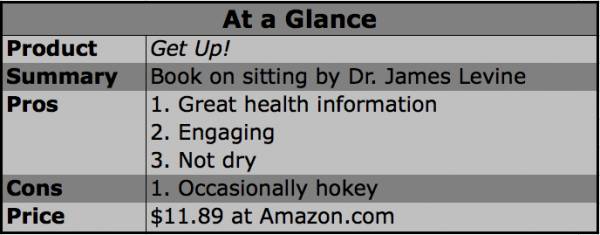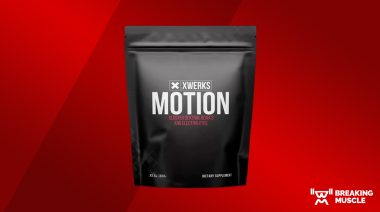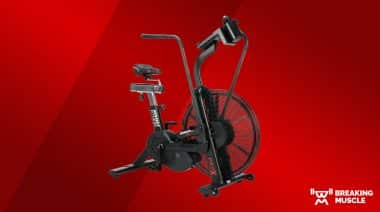
Sitting affects human health on a global scale. Many people don’t realize it, but sitting for long periods has a direct effect on several major components of health. The new book Get Up! explains this unseen epidemic and provides some solutions.
About the Book
The book is written by James Levine, the director of the Mayo Clinic’s Obesity Solutions Initiative. He is very invested in technology, believing that while technology has often been responsible for our sitting habits, it can also be a part of the solution.
“I have personally started using some of these techniques, as I have recently been told by a physical therapist exactly what the book tells me: sitting all day is killing my posture and will result in pain if it gets any worse.”
In the book and at the Get Up! website is a chair test. It’s a quick, ten-question test that evaluates how much of your life revolves around chairs, and is thus a pretty good indicator of how much time you spend sitting. Personally, I work in a chair, both at home and in the office, so I scored the “chair imprisoned” level of being a “chair-addict.” That’s the second worst score.
READ: Sitting at Your Desk Is Eating Your Muscles
Book Structure
The book opens describing where human beings came from and how we evolved to be upright, as well as some history on the author. It then transitions into food, and how the food we consume fuels activities we don’t do if we are sitting all day. The book also explains how our brains can become sluggish with physical inactivity as well. We simply aren’t wired to sit for long periods of time.
The next few chapters are centered around the various ways in which our lives revolve around sitting and the effect this has on your body, your mind, and your energy. Levine also goes evaluates how we end up sitting all day, detailing how we go from sitting in the office, to sitting in the car, to sitting in front of the television, to relaxing from a hard day of sitting.
Finally come the solutions. Technological solutions for the future, practical office solutions, and other strategies are plentiful in this section. The final few chapters of the book are centered around the Get Up! program that Dr. Levine delivers to corporations and schools. Telling people how harmful sitting can be is all well and good, but actually becoming free of sitting habits is another issue altogether. These final chapters provide tangible solutions to use in the areas of your life where you are most commonly confined to a chair.
GET OUT OF YOUR SEAT: Desk Workouts, Cycle 1
My Experience
I have personally started using some of these techniques, as I have recently been told by a physical therapist exactly what the book tells me: sitting all day is killing my posture and will result in pain if it gets any worse. My hips have become very tight, and a major part of the solution is increasing my awareness of my sitting habits.
“The book also explains how our brains can become sluggish with physical inactivity as well. We simply aren’t wired to sit for long periods of time.”
Each chapter ends with a quiz, questionnaire, or puzzle to keep you engaged and your mind working. The book supports a holistic view on health, and how each aspect of your health, be it mental or physical, can be impacted negatively by sitting too much.
RELATED: How You’re Sabotaging Your Posture and Your Time in the Gym
Downside
My only issue with the book is that it’s sometimes a little hokey or silly. The upside is that the book’s light-hearted approach makes for unencumbered reading that flows quickly. However, because the book is full of anecdotes and levity, sometimes it takes a while to get to the point. Bear in mind that I prefer fairly dry reading, so this style of writing may be perfectly suited to some people’s tastes.
I think sitting too much is a problem that is often ignored. In my own experience as a coach and working with numerous athletes, therapists, and doctors, I find sitting is one of the most insidious and common problems with humans. It’s time to take a stand (pun intended). Check out this book and find out what to do to get on your feet.
Get Up! is available for $11.89 at Amazon.com.






